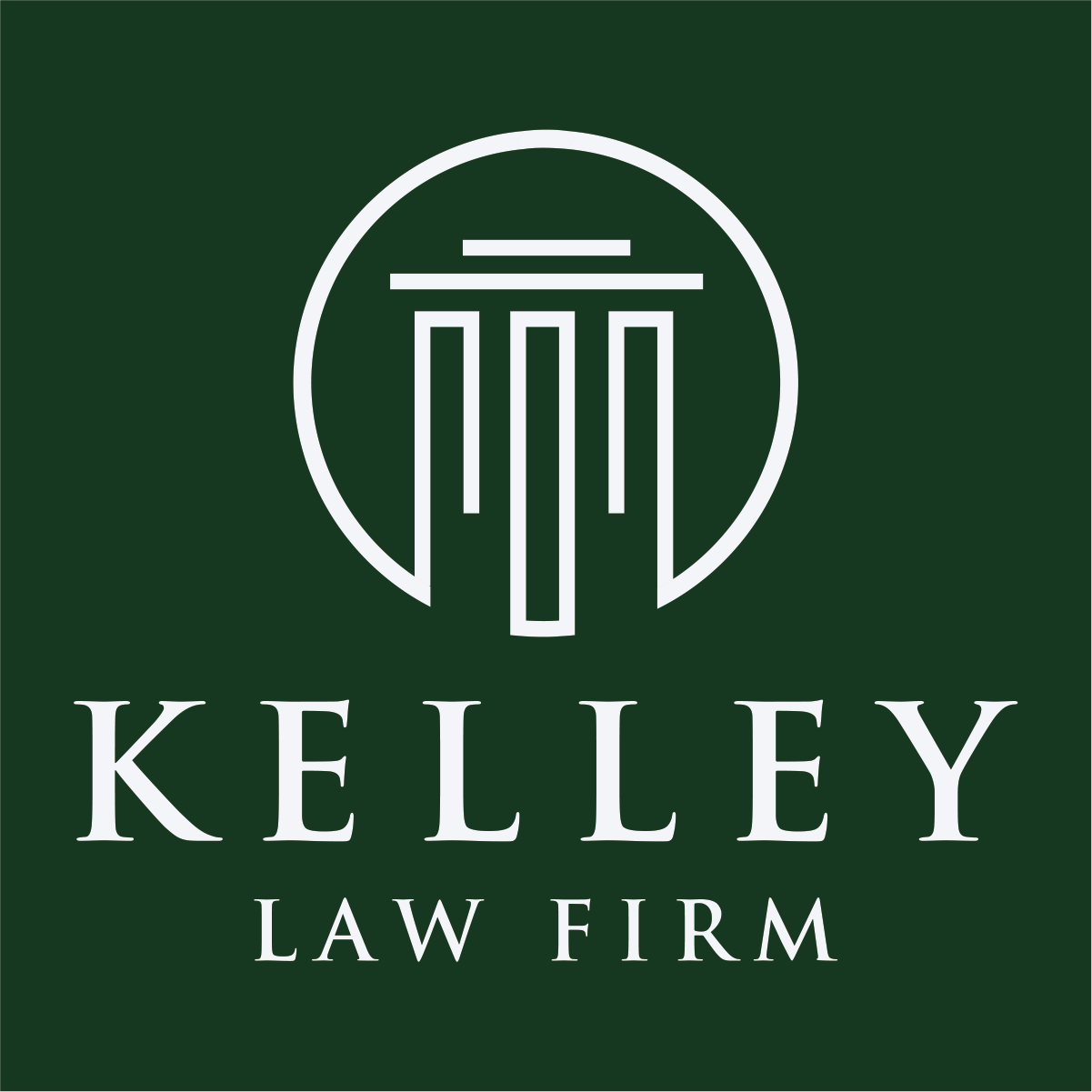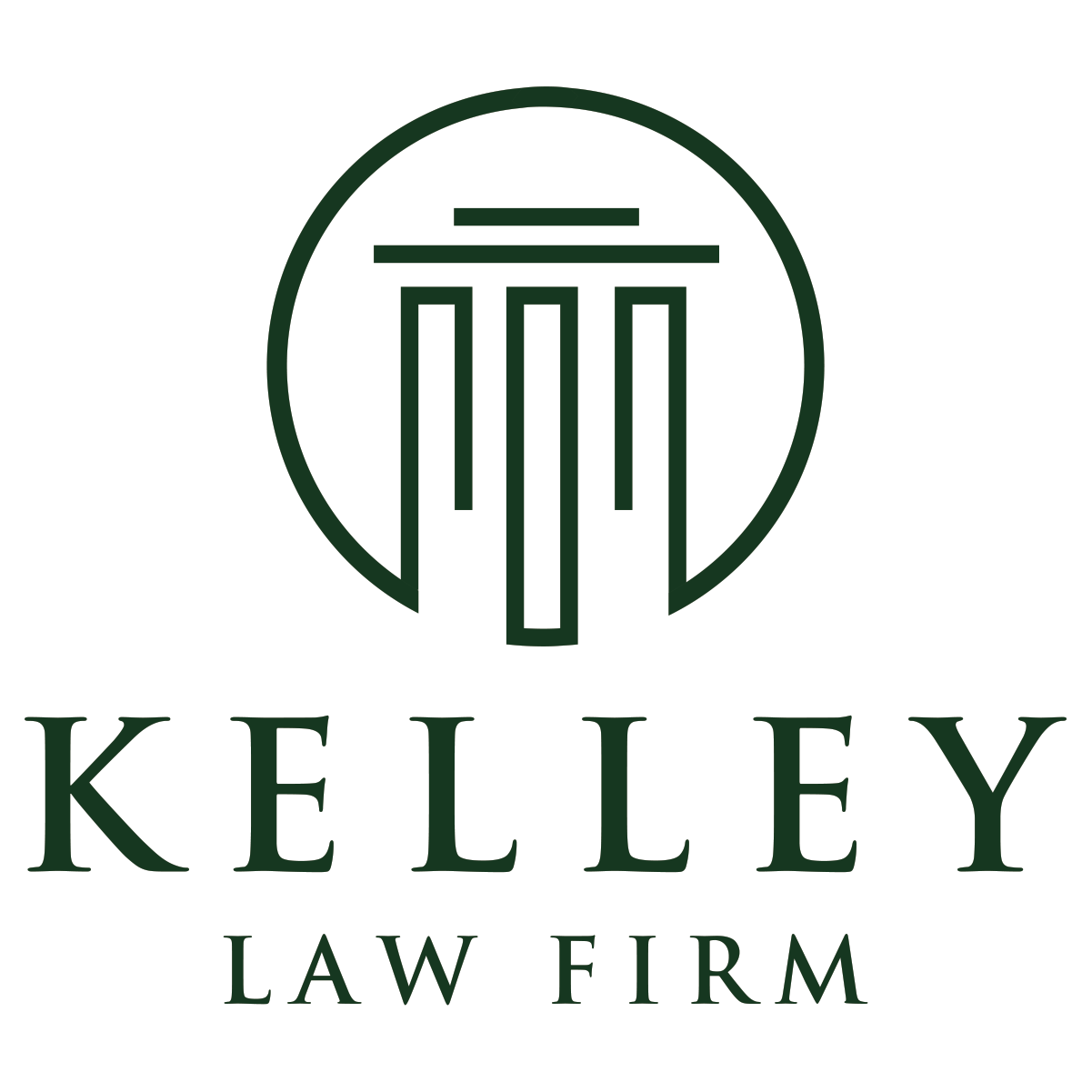Why Everyone Needs an Estate Plan - No Matter Their Wealth
The Importance of Estate Planning in Kansas and Missouri

As an estate planning attorney, I see the benefits of a properly organized estate every day. Clients who have taken the time to plan ahead often experience smoother transitions, minimized expenses, and greater peace of mind—both for themselves and their loved ones. But to many people, the benefits of estate planning aren’t as evident until it’s too late. In this article, I’ll explain what estate planning is, the problems it helps you avoid, and how you can get started with a plan that protects you and your family.
What Is Estate Planning?
Estate planning is the process of organizing your affairs to manage your assets while you’re alive and distribute them according to your wishes after your death. Your “estate” includes everything you own: your home, investments, business interests, personal belongings, digital assets, and more. Whether your assets are held in your name alone or jointly with others, they make up your estate and will eventually need to be passed on.
Estate planning allows you to:
- Choose who receives your assets
- Decide who will manage your affairs if you become incapacitated
- Appoint guardians for minor children
- Minimize taxes and legal costs
- Avoid delays, disputes, and public court proceedings
The Problems Estate Planning Can Prevent
There are three major issues—what I call the "three evils"—that can arise if you don’t take control of your estate planning:
- Living Probate (Guardianship or Conservatorship): If you become incapacitated without a power of attorney or healthcare directive in place, a court may need to appoint someone to manage your affairs, even if you have a spouse or close family. This process is time-consuming, expensive, and invasive.
- Death Probate: When someone dies without proper estate planning, their estate often goes through probate, a court-supervised process to settle debts and distribute assets. Probate can last months or years and often costs thousands in legal fees.
- Death Taxes: Depending on your estate’s size and location, estate or inheritance taxes can take a significant bite out of what you intended to leave your heirs. With proactive planning, many of these taxes can be reduced or avoided.
What Happens If You Don’t Plan?
Doing nothing is the most common choice—and it’s also the riskiest. Without a plan, your state’s laws of intestacy determine who gets your property. These default rules may not reflect your actual wishes.
Example: Imagine Barney dies unexpectedly with no will or trust. He assumed his long-time partner would receive everything. Instead, because they weren’t married and Barney had no plan, his estate passes to a distant relative under state law—leaving his partner with nothing.
Even having a will might not be enough. A will alone typically means your estate must still go through probate. That means court oversight, potential delays, and public exposure of your personal and financial matters.
The Pitfalls of Joint Tenancy
Many people think they’re doing the right thing by holding assets in joint tenancy (also called joint tenancy with right of survivorship, or JTWROS). This method does allow assets to transfer automatically to the surviving joint owner when one person dies—without probate. But it doesn’t solve everything.
If both joint owners pass away at the same time, or the survivor dies without proper planning, the assets must go through probate. Also, joint tenancy offers no lifetime planning protections. If one owner becomes incapacitated, the other cannot act on their behalf without additional legal authority.
Wills vs. Revocable Living Trusts
A will is better than nothing—but it’s not a complete plan. A will only takes effect after death, and assets that pass through a will must go through probate. Additionally, a will doesn’t help if you become incapacitated, and it doesn’t control how jointly owned or beneficiary-designated assets are handled.
Example: If Barney only had a will and became incapacitated after a car accident, his spouse might have no authority to handle finances or make medical decisions. A guardianship proceeding would be needed—a costly and stressful experience that could have been avoided.
A revocable living trust, on the other hand, offers comprehensive benefits:
- It controls your assets during life, if you become incapacitated, and after death.
- It avoids probate entirely if properly funded.
- It keeps your affairs private and out of court.
- It allows for quicker distribution of assets.
- It can offer asset protection for your beneficiaries.
With a trust, you transfer your assets into the trust during your lifetime but continue to control them as trustee. If you become unable to manage them, your chosen successor takes over—without court involvement. And after your death, the trust distributes your assets according to your instructions, quickly and efficiently.
Essential Supporting Documents
A solid estate plan includes more than just a will or trust. Every adult should also have:
- Durable Power of Attorney: Lets someone manage your financial affairs if you can’t.
- Health Care Directive / Medical Power of Attorney: Names someone to make medical decisions for you.
- HIPAA Authorization: Allows your chosen agents to access your medical records.
- Living Will: States your preferences for life-sustaining treatment if you're terminally ill or permanently unconscious.
Without these documents, your loved ones may face court proceedings just to care for you.
How to Get Started
The process doesn’t have to be overwhelming. The best way to start estate planning is by consulting with a qualified estate planning attorney who can help you:
- Inventory your assets
- Define your goals
- Identify potential risks and tax issues
- Design a customized plan that fits your needs
Every family is unique, and your estate plan should reflect your values and priorities. Whether you’re planning for a spouse, children, charitable causes, or just want to make things easier on your loved ones, a thoughtful estate plan is one of the most important gifts you can leave behind.
Final Thoughts
Estate planning is not just for the wealthy, the elderly, or people with “complicated” situations. It’s for everyone—young or old, married or single, parent or not. If you care about what happens to you, your loved ones, or your legacy, you need a plan.
The cost of failing to plan is often far greater—in money, time, and stress—than the cost of preparing properly in advance. A good estate plan puts you in control, protects your family, and preserves your assets for the people and causes that matter most.
If you haven’t started your estate plan yet, now is the perfect time. Don’t leave your future—or your family’s future—up to chance.


